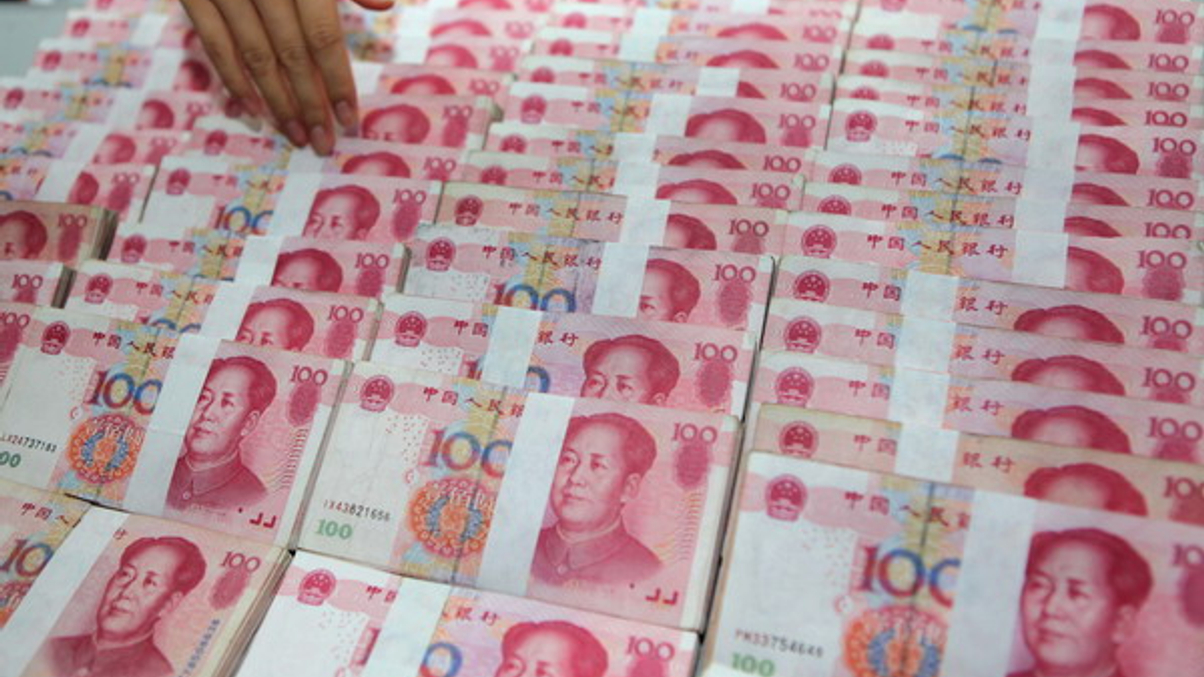Foreign interest in local China bonds seen growing
Sino-US trade tensions and rising defaults won't scare off foreign investment in the onshore China bond market just yet − not with index inclusion looming and more tax incentives.

Growing China-US trade tensions and the increased number of defaults among Chinese companies and Local Government Financing Vehicles (LGFVs) will not put an end to foreign investment in China’s bond market, which has barely begun to scratch the surface.
Sign in to read on!
Registered users get 2 free articles in 30 days.
Subscribers have full unlimited access to AsianInvestor
Not signed up? New users get 2 free articles per month, plus a 7-day unlimited free trial.
¬ Haymarket Media Limited. All rights reserved.


